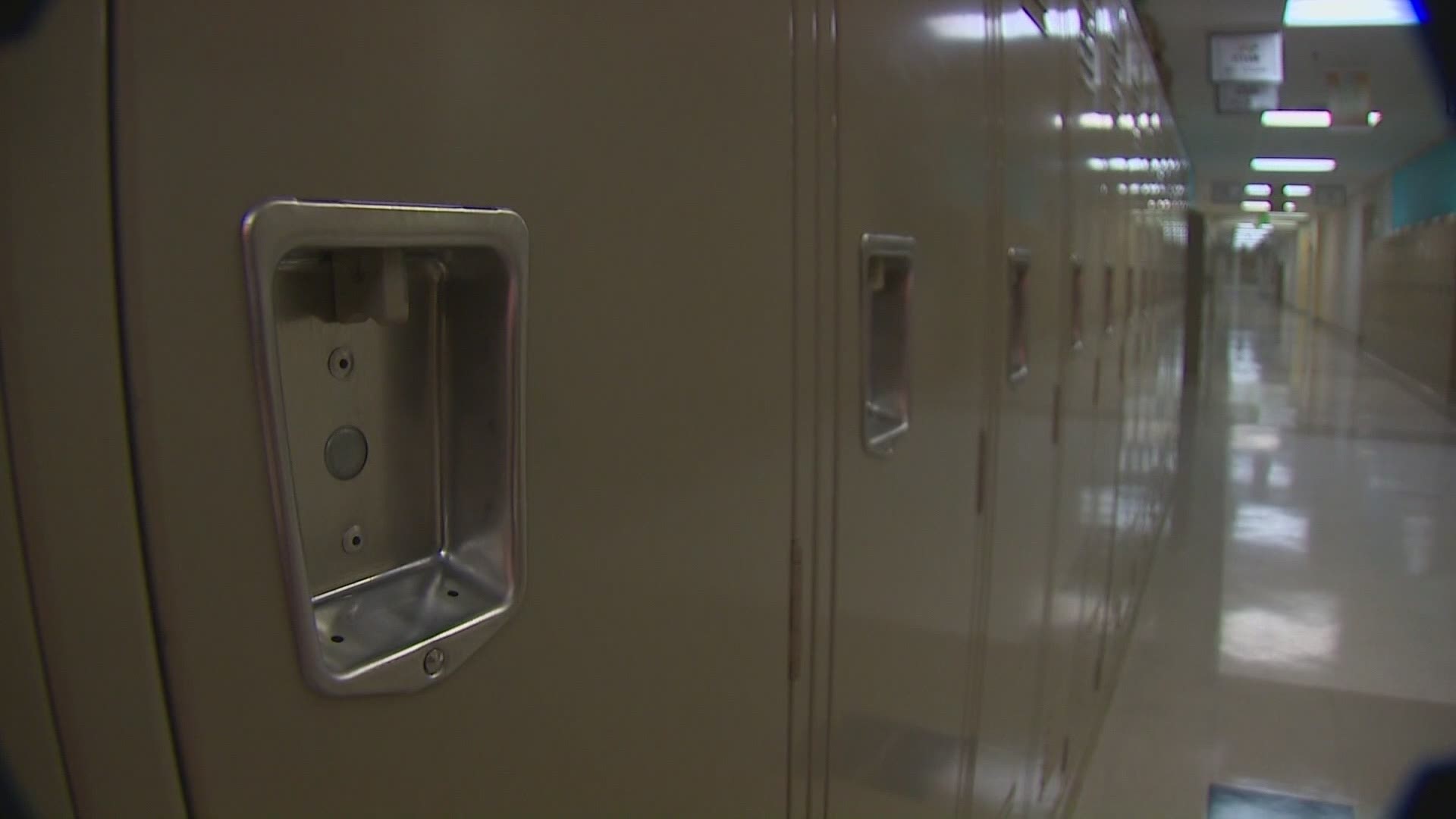SEATTLE — For countless kids in our communities, the past year has seemed endless, empty and alone.
"It's almost like an epidemic within the pandemic," said Dr. Yolanda Evans, clinical director of adolescent medicine at Seattle Children's hospital.
Evans said pediatricians at Children's and elsewhere are being inundated with children suffering from eating disorders, anxiety attacks and depression.
According to the Washington Chapter of The American Academy of Pediatrics, more than 50% of children between 11 and 17 years old have thought about suicide or self-harm over the past two-week period.
More than 50% of visits to pediatricians are now for mental health issues. That's twice the normal rate.
"They're feeling very helpless and out of control with the situation," Evans said.
Washington is struggling to keep up with the needs. One glaring example of that right now is the fact that it can take six months or more to see a therapist.
Washington ranks 43rd for youth mental health access in our country.
Evans said pediatricians like her are left overworked and unable to give kids the full help they need.
"It's definitely putting a lot more on the shoulders of the pediatrician to step in and manage," she explained. "That being said, we do have some training to step in and there are resources available to offer to families. We can be that first line of help for families in need."
Even more affected are children of color. The social upheaval and racial unrest brought on by the police killing of George Floyd are quietly taking their toll.
"Four years of racism and accepted racism start to wear on adolescents," Evans said. "Add on social media and the ability to view traumatic images over and over and over and it feels like there is really slow action in making change."
Researchers are yet to see an increase in teen suicide directly tied to the pandemic, but the symptoms are definitely there.
Evans warns the symptoms tend to linger into adulthood if not treated.
"Looking at this past year, where kids have been out of school and away from social networks and social supports, we're going to see the repercussions of this play out for probably years to come. That is why it's so important to rally around these kids right now and give them all the support they need," Evans said.
If you or someone you know are having suicidal thoughts you can call the Suicide Prevention Hotline at 800-273-8255. You can call any time of day, seven days a week.

